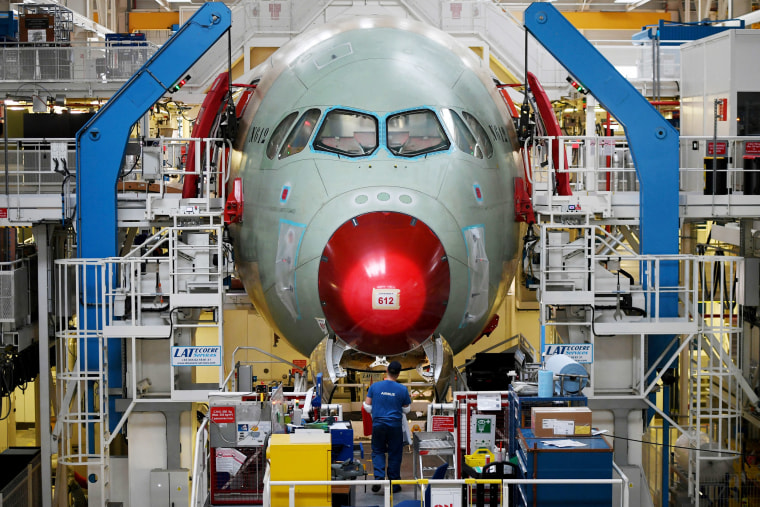The recent revelation by the FAA regarding the possible use of counterfeit titanium in Boeing and Airbus planes has raised significant concerns within the aviation industry. The implications of such a discovery extend beyond mere material quality issues and could potentially impact the safety and integrity of aircraft worldwide.
The use of counterfeit materials in the aerospace industry is a serious offense that can have far-reaching consequences. Titanium is a crucial component in the construction of aircraft due to its high strength-to-weight ratio and resistance to corrosion. Any deviation from the specified quality and standards of titanium can compromise the structural integrity of the aircraft, potentially leading to catastrophic failures in flight.
The fact that these counterfeit materials are suspected to have made their way into planes manufactured by industry giants such as Boeing and Airbus raises questions about the oversight and quality control measures employed by these manufacturers. It also highlights the challenges faced by regulators in ensuring the safety and reliability of aircraft in an increasingly globalized supply chain.
One of the key issues highlighted by this revelation is the need for greater transparency and traceability in the aerospace supply chain. The complex network of suppliers and subcontractors involved in the production of modern aircraft makes it difficult to track the origin and authenticity of materials used in their construction. This lack of transparency can create opportunities for unscrupulous actors to introduce counterfeit materials into the supply chain, putting the safety of passengers and crew at risk.
The FAA’s investigation into the use of counterfeit titanium in aircraft is a step in the right direction towards addressing this issue. By holding manufacturers accountable for the quality of materials used in their products, regulators can help ensure that the highest safety standards are upheld in the aerospace industry. It is essential for all stakeholders in the aviation sector to prioritize safety and quality assurance to prevent such incidents from occurring in the future.
In conclusion, the potential use of counterfeit titanium in Boeing and Airbus planes underscores the importance of stringent quality control measures and transparency in the aerospace supply chain. The safety of air travel relies on the integrity of the materials used in aircraft construction, and any compromise in this regard must be thoroughly investigated and rectified. By holding manufacturers accountable and promoting greater oversight in the industry, we can help maintain the trust and confidence of passengers in the safety of air travel.

